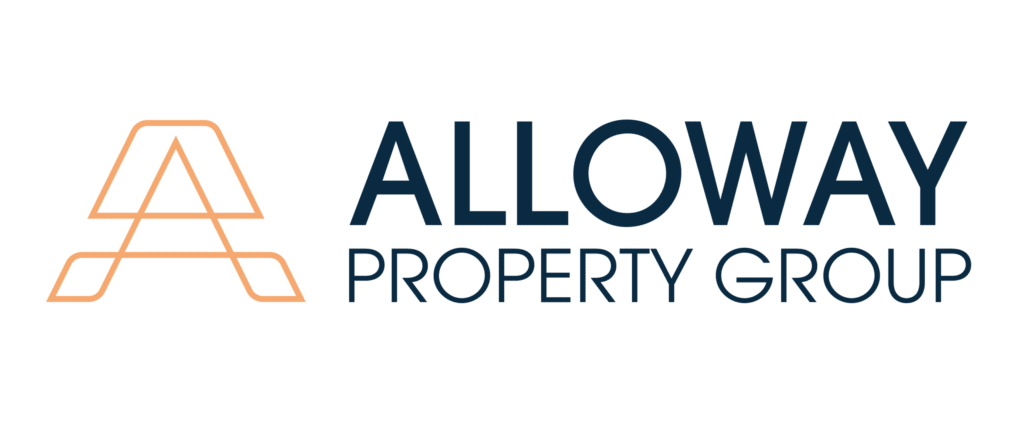Have you been looking to buy a condo in Toronto, only to realize that it is a co-operative (“Co-Op”) housing unit? Co-ops operate differently from standard Condominium Apartments. In this post, you’ll learn everything you need to know before getting involved with a co-operative housing unit.
On This Page
What is Co-Operative Housing?
Co-Op Housing is a style of real property ownership in Ontario. A co-operative corporation would own real property & members buy shares in the corporation. These shares possess specific occupancy and use agreements.
Owners split the cost of building ownership via a “monthly housing expense” (not unlike common elements fees in a condominium).
The Co-Operative Corporations Act governs housing co-ops. The Financial Services Commission of Ontario (FSCO) regulates these co-operatives & provides authorization.
Housing co-operatives are member controlled. Members elect a board of directors to run and make decisions for the co-operative. Each member receives one vote in the co-operative, as per the act.
Co-OP vs Condominium
A housing co-operative is very different from a condominium or POTL. In a condominium, owners hold title to a specific unit. Owners have right to sell & leverage this undivided real property interest. Condo owners, like a co-operative, elect a board of directors to run the condo. These directors can set the rules & regulations as well as declare the monthly housing expense.
However, in a co-operative, owners don’t hold title to a specific unit. The share purchased gives an owner right to occupy a specific unit. However, there is no direct real property interest.
How Much does Co-Operative Housing Cost
Housing Co-Operatives tend to trade at a value below that of a condominium. This is due to their unique nature. As of June 2022, the average cost for a co-operative unit in Toronto was $724,231.
The average sale price of a condominium apartment in Toronto was $747,216. Co-Operatives represented 0.2% of sales in Toronto for June (13 sales). Condominium units saw 1,678 sales (25.9%).
These units trade infrequently and at lower values due to the unique ownership. With no title interest in land, the owner must assume a share of the blanket mortgage (if applicable) against the entire property. In addition, and, if necessary, they must secure adequate secondary financing. Very few financial institutions will lend to co-operative owners. Usually, these “B lenders” will charge higher interest rates and less favourable terms. Often, banks require a personal guarantee to secure a share.
The second reason why co-operatives are more difficult to trade is due to the nature of share ownership. There are no mandates for the restrictions boards can place on share ownership. The exception, of course, is for those that may be deemed discriminatory. The Board can mandate that owners, for example:
- reach a certain income level
- not have any pets
- limit the number of family members living in a unit, etc.
How to Buy in Co-Operative Housing
In Ontario, OREA form 102 is used to buy and sell housing Co-Op shares. The board of directors must approve all sales, and a condition is often included as part of the transaction. Land Transfer Tax applies to purchases of housing co-ops. The Minister of Finance views co-operative purchases as a beneficial interest in real property.
Have a question about Housing Co-Operatives? Contact Us for a free consultation.
